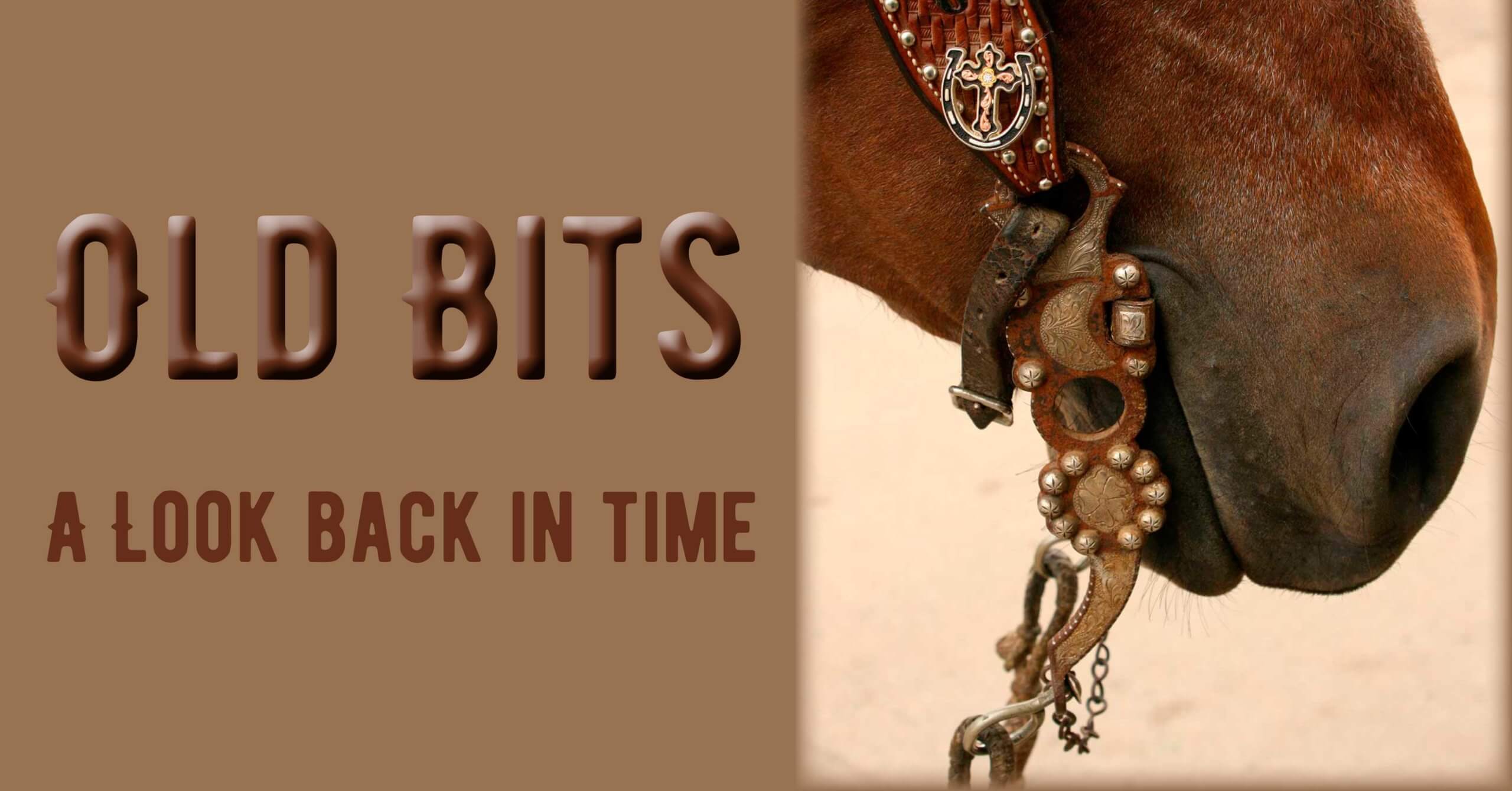Welcome to the 1st article from our archives! This was from our very first magazine, December 1995
Old Bits: Blanketing Tips
By Barb Reilly, Whatcom Farmer’s Co-op
When measuring your horse for a blanket, measure from the center of the chest, around the side, to the center of the tail.
Blankets serve several purposes in the care and well-being of your horse. One of the most important uses is as a cooler. Wool coolers are the best type of blanket for cooling a horse off after a workout. The moisture is drawn to the outside of the blanket, while the horse stays warm underneath, preventing a chill. Acrylic coolers work almost as well for  a little less money.
a little less money.
For rainy, windy weather, a water repellent canvas is an excellent choice. Some of these come with liners, such as wool or nylon. Nylon is somewhat preferable to wool as it doesn’t pull the hair from the horse’s coat or cause itching. However, it’s not good to leave it on all the time.
Generally, horses do better without a blanket, and you will need to decide if you should blanket your horse at all. If your horse is going to be outside, it should be left alone, as you want it to develop a good insulated coat. Use a blanket only after riding your horse, to cool it down. The only time an outside horse should be blanketed is in sub-zero weather or when a cold wind is blowing.
One of the exceptions to this rule occurs if your horse has little or no shelter, as protection from the rain is important. A good canvas blanket would serve this purpose very well. Show horses are another exception, and are generally kept blanketed all the time to keep their coat short and sleek.
Size guidelines:
Arabian 72-74”
Quarter Horse (15 hands, 1000#) 76’
Thoroughbred/large Quarter Horse 80-84”
Published in December 1995 Issue

The Colorado Horse Source is an independently owned and operated print and online magazine for horse owners and enthusiasts of all breeds and disciplines in Colorado and surrounding area. Our contemporary editorial columns are predominantly written by experts in the region, covering the care, training, keeping and enjoyment of horses, with an eye to the specific concerns in our region.

